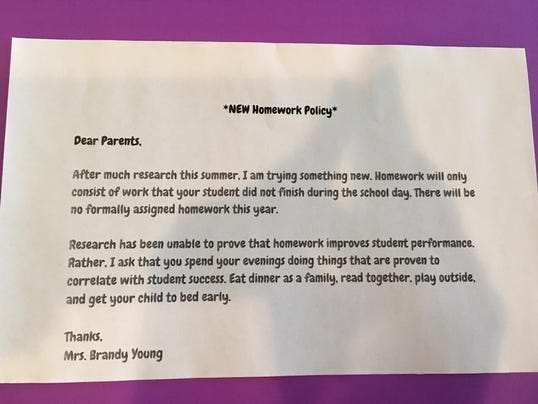Our first module shines a connective and cohesive light on the idea of research and education. In the age of hard data, the task of getting one’s point across to peers in the realm of teaching can be daunting if that point isn’t backed by valid and reliable study. Access to and literacy in various types of research gives the modern educator a voice loud enough to be heard over doubt and criticism along with proof to support claims overturn obsolete policy (an issue with which we are being presented as a nation as of recent).
Information literacy is crucial to deciphering what is needed and what is not when determining the proper use of hard data collected by educators. As a future educator in a world where an almost infinite amount of new information is available at our fingertips every day, we must understand what makes good quality information to support or discredit an argument and what makes for an unreliable source. It is when we have the ability to do this that we can be the most potent and influential we can be as educators.
With this being said, our class was presented with this image of a note sent home by an educator with a firm stance on the concept of homework:

Mrs. Young makes a strong claim in the second paragraph about how ‘research has been unable to prove that homework improves student performance’ but never states the type of research, who that research is geared to (age of student or class subject), and the type of homework given. I can only assume that, because of the language use and activities listed, this is geared towards younger elementary school students. In three published studies, all stressed the importance of homework, but took their work a step further to indicate which types of homework work best, along with the concept of aptitude self-appraisal in regards to assignment difficulty levels. Senaratne and Kodippili state that “In addition to significant differences in success rates between students who do and do not use MML as a media for homework, both students and faculty benefit from MML (MyMathLab). For examples: MML enables faculty to spend more time with students; as homework grading is transferred to MML, students can learn according to the style and pace that best suit them.”
Granted, this study was done on high school students and, depending on the age group of her students, Mrs. Young may have some different insight as to what studies were done on elementary age children in regards to homework. In her defense, common elementary school objectives (especially in the younger grades) are socio-cultural (e.g. how to properly communicate in verbal and written form, developing a sense of time and punctuality, and mastery of fundamental cultural concepts like mutual respect). In reflection to the activities that she recommended for parents to participate in with their children, she really is lightly assigning homework, not only for the child but for the parents, that merely doesn’t fit with that we know culturally as homework. She is simply asking parents to reiterate what is being taught at school; to read, explore, and communicate effectively.
Sources:
Kodippili, A., & Senaratne, D. (2008). Is computer-generated interactive mathematics homework more effective than traditional instructor-graded homework?. British Journal Of Educational Technology, 39(5), 928-932. doi:10.1111/j.1467-8535.2007.00794.x